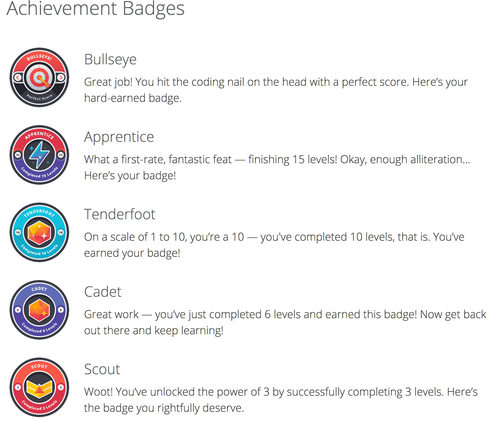From Mobile developer to WEB Front developer (1st part)
OCTO is a great place to work and even greater place to grow. As an Octo consultant I'm used to learning and improving on a regular basis. Sharing knowledge is a central value of OCTO's culture. I have been told to always try to find a better way and to push the boundaries of knowledge.
As sharing is a core value, I could help by sharing this new career path I've choosen.
After 5 years spent in the iOS development field, I had the strange feeling that I wasn't learning anymore. Not that I had mastered everything there is to know about iOS development, but I felt the need for a "reboot".
Talking with HR and managers, and I decided to face new challenges by joining the WEB Front team (WEBF).
I started my career a while ago in embedded software (for automotive and aeronautic industries). I never touched JavaScript and HTML/CSS always appeared to me as black magic.
Although I will officially join the WEBF tribe in May, the 2nd, I already started to take some MOOC and attended some of WEB Front team's days for a month. Therefore I can already explain a few things I found out about my new challenges.
"I can't get no motivation"
As I said at the beginning of this article, it all started when I felt my daily motivation weakening. I wanted to embrace completely new challenges on both technical and functional sides.
I always liked to pay attention to details and especially in the area of user interface, so I decided to move to the World Wide Web development. This choice offered the opportunity to both reach and impact users on many new fields of expertise, and give my career this fresh "reboot" it needed.
Framework? Frameworks!

When I started reading some documentations on where to start learning web development, I quickly discovered the insanely high number of available frameworks. Web development is definitely not a single ecosystem affair. While iOS development is dictated by Apple (you have to use Apple Xcode IDE, with Apple Swift programming language on Apple OSX architecture), web development offers much more IDE, languages and frameworks.
Thus, I decided to learn native JavaScript basis besides HTML/CSS principles. First, I chose the Coursera online course "HTML, CSS, and Javascript for Web Developers". It gave me a very good overview and practical skills on HTML, CSS and on how to use JS to manipulate the DOM.
M**C ME, I'M CURIOUS
Following my WEBF tribe fellows's advice, I completed JavaScript MOOC from CodeSchool. I started with JavaScript Roadtrip part 3 (part 1&2 were not necessary according my colleagues).
Code School is a very pleasant and practical way to learn new programming skills: the online editor offers a great environment to try, fail and learn new concepts. I obviously advice anyone interested in learning JavaScript to buy a one-month subscription(or longer if needed) to Code School.
After this first module, I quickly got "ES2015: The Shape of JavaScript to Come" and "JavaScript Best Practices" figured out in just a week! I cannot get enough of all this learning!

First impressions

Being used to a strong typed language, I still miss the guarantee of types and numbers of functions arguments.
Even if I haven't learn how to build Unit Tests yet, as there is no compile time, TDD will certainly be much easier and quicker (and therefore even more powerful) than on iOS development flow.
I find all swift nice aspects like map and closures but I need to embrace if conditions with parenthesis.
This might not be such a big deal. As for now, I cannot wait for my next learning!
Next article should be much more practical as I will soon start a real application development with an OCTO team.